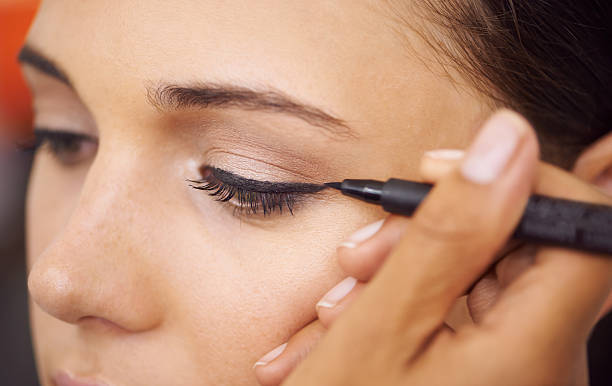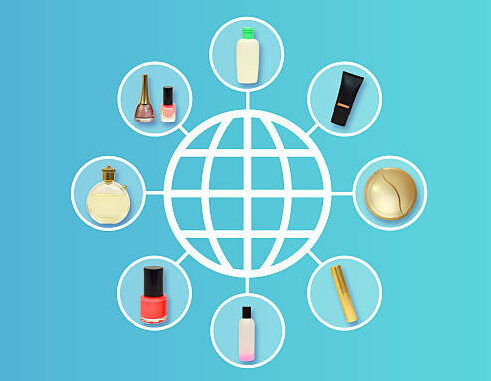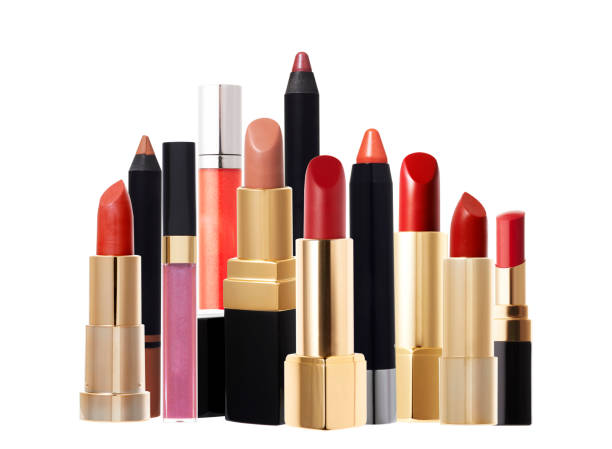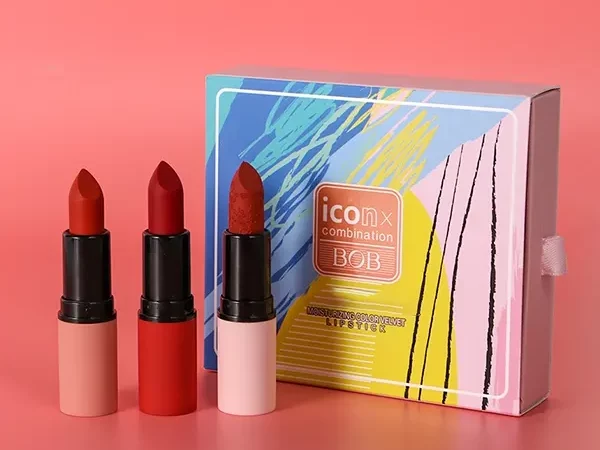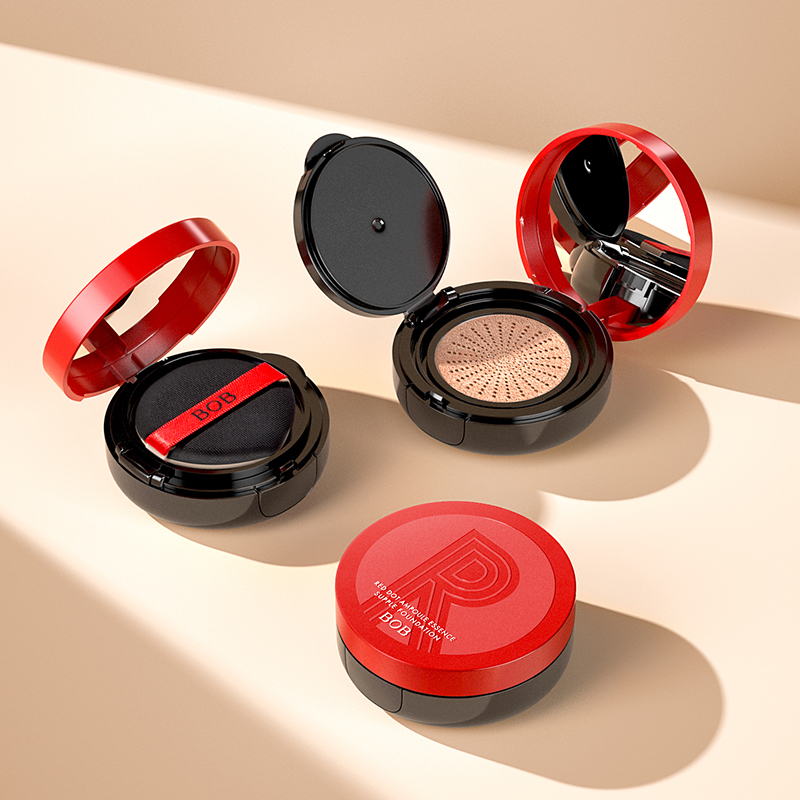So, you’re ready to start your own cosmetic line, but there’s one big question hanging in the air—how do you find the right cosmetic manufacturer? Whether you’re dreaming of launching skincare, makeup, or hair care products, finding the right manufacturer can make or break your brand. Don’t worry, I’ve got your back. In this guide, I’ll walk you through the process of how to find a cosmetic manufacturer step-by-step, making sure you’re well-equipped to make the best decision for your business.
Step #1: Understanding Your Cosmetic Product Needs

Defining Your Product Type
First things first, what kind of products are you looking to create? Are you more into skincare like cleansers and moisturizers, or are you aiming for makeup like foundations and lipsticks? Maybe hair care is more your vibe. Defining your product type will help narrow down your list of potential beauty product manufacturers. It’s not just about knowing your niche; it’s about ensuring the manufacturer you choose specializes in what you want.
Identifying Ingredients and Formulations
Now, do you want your products to be organic and natural, or are you okay with synthetic ingredients? The type of ingredients you use plays a massive role in how you’ll pick your manufacturer. Some cosmetic makeup manufacturers specialize in natural, eco-friendly ingredients, while others may be more flexible with synthetic options. Knowing this upfront will help streamline your search.
Step #2: Researching Potential Manufacturers
Online Directories and Resources
The internet is your best friend here. Platforms like Alibaba, ThomasNet, Goole Search, and Cosmetic Index are great starting points for finding beauty product manufacturers. These directories offer a wide array of options, making it easy to compare cosmetic makeup manufacturers based on their capabilities and location.
Industry Trade Shows
Ever thought about attending a trade show? Events like Cosmoprof or Beautyworld are perfect for networking with private label makeup manufacturers and seeing their products firsthand. Not only can you chat directly with potential partners, but you can also get a feel for the latest trends and technologies in the beauty industry.
Networking within the Industry
Don’t underestimate the power of a good old-fashioned recommendation. Reach out to people in your network or industry groups. You’d be surprised how much valuable information you can gather from someone who’s already walked the path you’re starting.
Step #3: Evaluating Manufacturer Capabilities
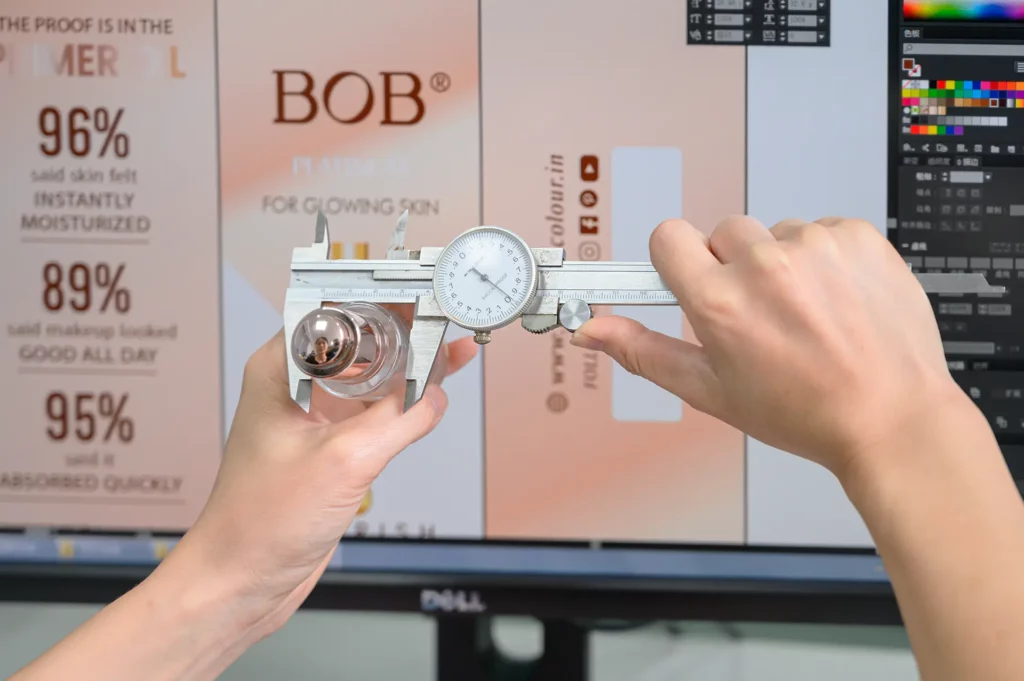
Production Capacity
Can the cosmetic makeup manufacturers handle your order volume? Whether you’re starting small or planning on launching big, make sure the manufacturer can meet your demands. Some cosmetic manufacturers focus on small batches, while others are equipped for massive production runs.
Quality Control Standards
Quality is everything when it comes to cosmetics. Find out what kind of quality control systems the beauty product manufacturers have in place. Do they follow strict guidelines to ensure your products are consistent and safe?
Certifications and Compliance
Does your cosmetic makeup manufacturers comply with industry regulations like GMP (Good Manufacturing Practices) or ISO standards? These certifications aren’t just fancy terms—they ensure that the manufacturer meets safety and quality requirements.
Step #4: Requesting Samples and Quotes
Importance of Product Samples
Always request samples before committing. This is your chance to test the product’s performance, texture, scent, and packaging. If something feels off at this stage, it’s a red flag.
Getting Quotes
Price matters, but don’t just jump on the lowest bid. Get quotes from several cosmetic manufacturers and compare not just the price but what’s included. Are there hidden fees? What’s the lead time? Make sure you’re getting good value for your investment.
Step #5: Assessing Manufacturer Reputation
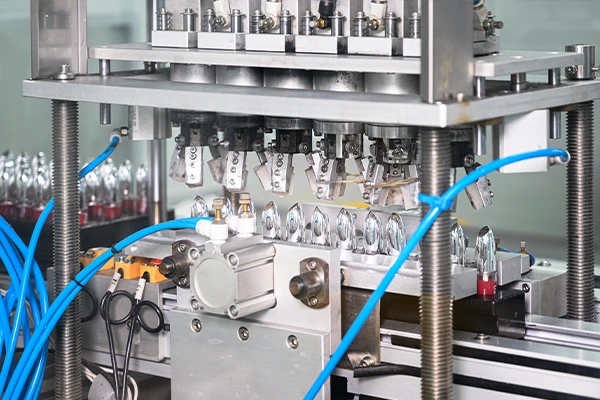
Reading Reviews and Testimonials
Online reviews are gold mines of information. By checking reviews across different platforms, you can identify patterns in customer satisfaction, complaints, and areas of excellence. Are there recurring issues, such as delays or quality concerns? Or does the manufacturer consistently receive praise for its reliability, flexibility, or product quality? Pay close attention to both positive and negative comments, as they can reveal whether the manufacturer aligns with your brand’s values and expectations.
Requesting References
Ask the manufacturer for references from past clients. These references allow you to hear about real experiences from those who have already collaborated with the manufacturer. Reach out to these clients and ask about their overall satisfaction, any challenges they faced, and how the manufacturer handled problems. Did the manufacturer communicate well and deliver on promises? Were there any unexpected issues that came up during production?
Visiting the Manufacturing Facility
If possible, visit the facility. This firsthand experience lets you assess key factors like cleanliness, organization, and production practices. Observing the facility’s layout, safety measures, and staff professionalism can speak volumes about the company’s commitment to quality and efficiency. You’ll also get an idea of whether they’re equipped to handle your specific needs, from batch sizes to packaging capabilities. An in-person visit is the best way to ensure the manufacturer’s environment aligns with the quality standards you want for your brand, providing peace of mind before you commit to a partnership.
Step #6: Establishing Communication and Support
Evaluating Responsiveness
A manufacturer’s responsiveness can be a strong indicator of how well they’ll communicate throughout your partnership. Do they reply to emails or calls promptly, and do they provide clear answers? Reliable communication keeps projects on track and prevents misunderstandings, which is crucial during production, where delays or miscommunication can lead to costly issues.
Customer Support Services
Strong customer support is a key element in any successful manufacturing partnership. Even with careful planning, production issues may arise—whether it’s a delayed shipment, a quality control concern, or a last-minute adjustment. You’ll want a manufacturer who offers dependable support to help you resolve these challenges quickly and effectively.
Step #7: Making the Final Decision
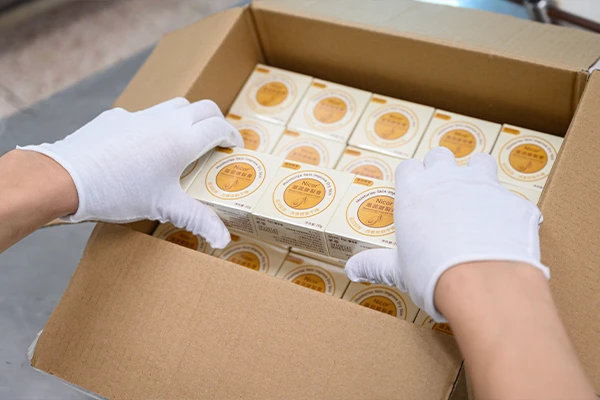
Comparing Different Manufacturers
After collecting quotes, samples, and client feedback from various manufacturers, it’s decision time. Carefully weigh the factors: which manufacturer delivers the best combination of quality, pricing, production capacity, and support? Quality should be paramount, but consider how pricing aligns with your budget and long-term goals. Additionally, think about the manufacturer’s willingness to adapt or meet your specific needs.
Contract Negotiation
Once you’ve chosen your manufacturer, solidify the partnership through contract negotiation. Ensure that the agreement covers key details like production timelines, quality standards, pricing, and penalties for delays or unmet standards. Being upfront about expectations protects your interests and establishes a foundation of accountability and professionalism. This clarity ensures both parties are on the same page, paving the way for a cooperative and productive partnership where issues are minimized and your brand’s growth is prioritized..
Conclusion
Finding the right cosmetic manufacturer takes time, research, and patience, because there are many top manufacturing countries for Cosmetics. But by following these steps on how to find a makeup manufacturer, you’ll be well on your way to partnering with a manufacturer who can bring your vision to life. Whether you’re launching a small skincare line or a full-blown makeup collection, the right manufacturer is key to your success.
FAQs
- What factors should I consider when choosing a cosmetic manufacturer? Key factors include production capacity, quality control standards, certifications, and their ability to meet your product’s specific needs.
- How do I ensure product quality with a manufacturer? Request samples, check for certifications like GMP, and research the manufacturer’s quality control processes.
- What certifications should a cosmetic manufacturer have? Look for GMP, ISO, and other relevant industry certifications that ensure safe and high-quality production practices.
- Can I customize my product with any manufacturer? Most manufacturers allow customization, but some may have limitations. Always check their flexibility with formulations and packaging.
- How long does it take to start production with a new manufacturer? Timelines vary depending on the manufacturer and the complexity of your product, but it typically takes several weeks to months from development to production.


